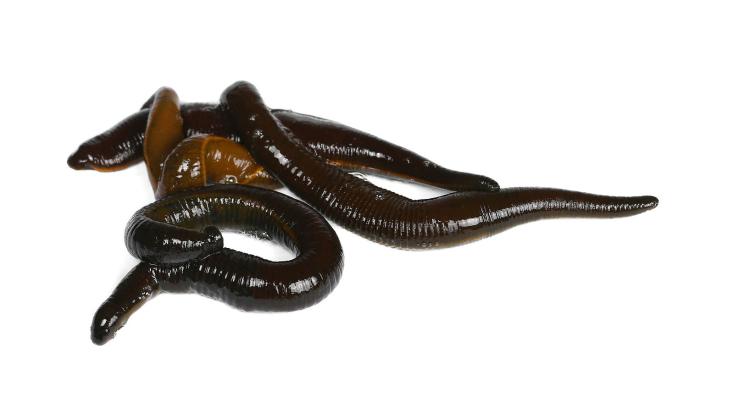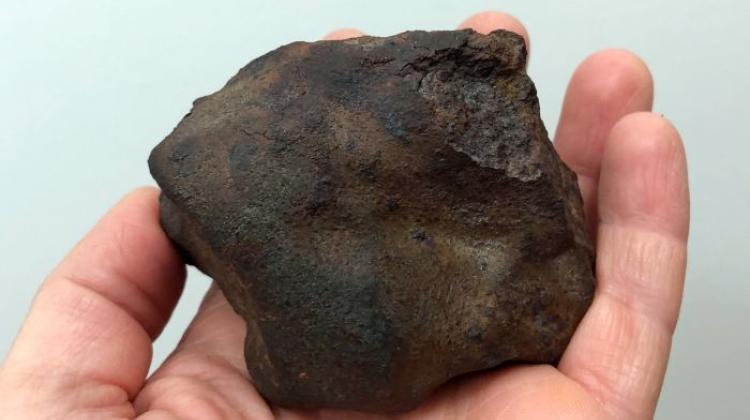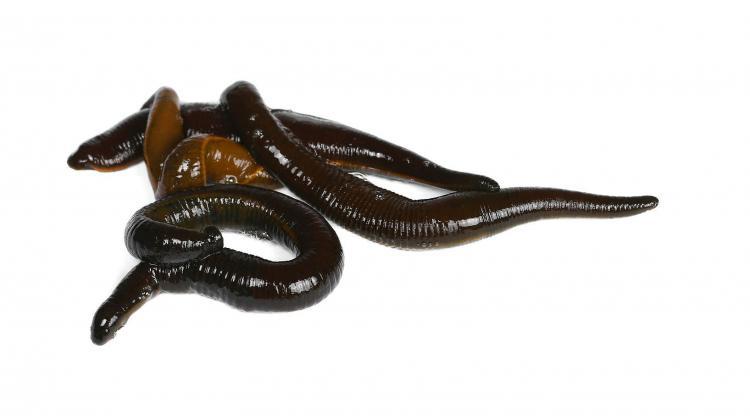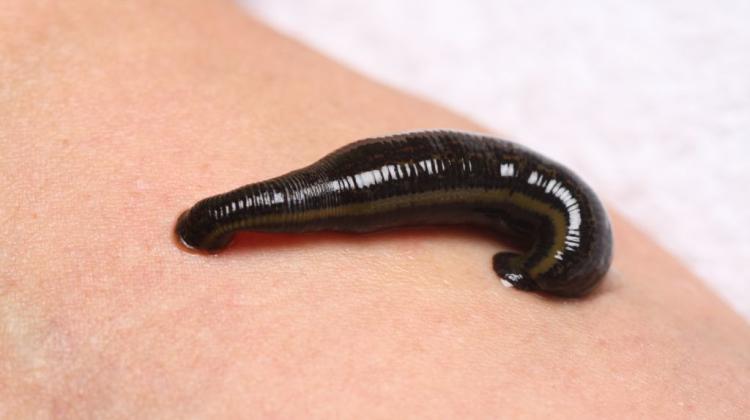Opolskie/ Polish leeches could conquer space
 Photo: Fotolia
Photo: Fotolia
Medicinal leeches from a farm near Opole have been used for research during the ICAres-1 scientific mission. In the future, they could provide medical support to participants of space missions - says the mission originator, Dr. Aleksander Wiśniowski.
Simulated Mars mission ICAres-1 (Innovative Concepts Ares) was carried out in Europe's only special station Lunares habitat in Piła with the participation of Polish, French and German scientists. Its objectives included conducting scientific experiments in microgravity conditions similar to those that may prevail in space stations. The medical part of the mission was conducted under the auspices of Poznan University of Medical Sciences, as part of the newly established unit - Extreme Medicine Laboratory.
Researchers used special devices during the simulation in attempt to recreate the conditions that may prevail in space stations on Mars and on the Moon. Observation subjects, representatives of the Earth's flora and fauna, may become future partners of astronauts on their journeys beyond Earth. It turns out that earthworms and plants do not like meteor dust, while flies and leeches do not have any problems with having offspring.
One of the areas investigated during the mission was the use of medicinal leeches (Hirudo medicinalis) in the health care of members of long-term space missions. "During long-distance manned flights, leeches may perform multiple functions related to their biological features and medical application. Due to the long duration of interplanetary flights, it will be necessary to prevent the effects of long-term confinement in small space, including deep thrombosis" - says Aleksander Waśniowski from Poznan University of Medical Sciences.
"Renewable and self-sufficient sources of food and medicine, natural +production lines+, are currently vivid directions of space research development, related to colonization of new environments. Our program +Noah's Ark+, including attempts to farm leeches using devices generating an environment that simulates microgravity, is a part of this trend" - emphasises Dr. Waśniowski.
Maria Mroczko, who has been farming leeches in Namysłów for many years and provided the leeches for the ICAres-1 mission, is not surprised with the interest in using leeches as a medicinal product. "Medicinal leech is a real factory of complex chemical compounds. Approximately 120 of them have been studied so far, and we know that some of them can be successfully used to support the treatment of cardiovascular diseases, various types of injuries and even neurological diseases. On top of that, there is no problem with application - the animal is simply placed in right spot on the patient's body" - explains Mroczko.
According to Dr. Waśniowski, although scientists had been trained in breeding animals, they did not avoid mistakes. "A leech reaches reproductive age at three years. For it to be used safely in treatment, it should be properly kept and fed throughout its life, and that requires knowledge and work. We have been operating for 12 years and we are probably still the only medicinal leech farm in Poland that meets all the formal requirements. Unfortunately, leech suppliers still take shortcuts and trade in animals of unknown origin, often exposing unknowing users to unpleasant surprises, and the environment to serious losses. It is a shame, because we would be happy to share our knowledge with those willing to set up new farms" - says Mroczko.
Participation in the space program can benefit leeches themselves, because our native Hirudo medicinalis is a species threatened with extinction. "The demand for medicinal leeches exceeds the supply. We have orders virtually from all over the world. Currently, our farm has over 50,000 leeches, 8,000 of which are the breeding herd that we try to expand every year. But it's still not enough, and +wild+ hunting threatens the population of wild animals. Participation in projects such as ICAres may draw attention to the use of solutions that have been proposed by nature for a long time, and encourage actions to protect leeches from extinction" - Mroczko believes. (PAP)
author: Marek Szczepanik
masz/ mkr/ agz/ kap/
tr. RL
Przed dodaniem komentarza prosimy o zapoznanie z Regulaminem forum serwisu Nauka w Polsce.

















